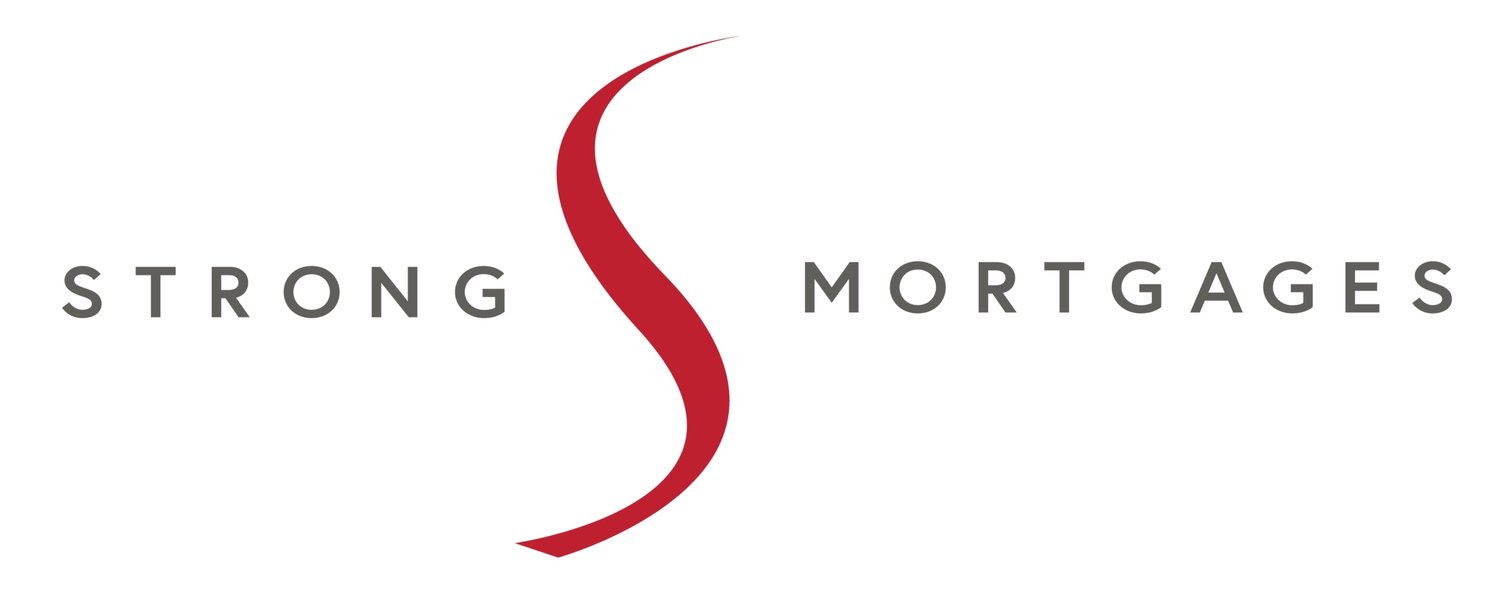IMPORTANT: This could be your face if you were planning to buy or refinance in a couple of weeks. Impending mortgage rules are expected to be announced next month and they will impact 80% of the residential real estate market.
In July 2017, the Office of the Superintendent of Financial Institutions (OSFI) released draft changes to Guideline B-20 for public consultation. The B-20 Guideline establishes OSFI's expectations for prudent residential mortgage underwriting and is applicable to all federally regulated financial institutions. Public concerns could be addressed up to August 17, 2017.
Outlined below are the three points of initial concern from the Mortgage Professionals Canada Association:
Mortgage Professionals Canada Concerns: OSFI is proposing changes that align with their July 16 letter and strengthen the expectations they have in a number of specific areas including:
Requiring a stress test for all uninsured mortgages of at least 2% above the contract rate
Requiring that LTV measurements remain dynamic and adjust for local market conditions where they are used as a risk control, such as for qualifying borrowers
Expressly prohibiting co-lending arrangements that are designed, or appear to be designed to circumvent regulatory requirements
On August 17, 2017, the Mortgage Professionals Canada submitted a formal response to the proposed changes to Guideline B-20. Available to read here.
My concerns from my initial read of the draft changes included:
The key issue is the uninsured 2% stress-test. Those who are positioned well and have means to manage their money are basically being disciplined without cause. The Government’s fear of a declining market will only be exacerbated by limiting this group of consumers.
There is focus on Home Equity Lines of Credit (HELOC) and potentially limiting loan-to-value. This has implications in a number of different ways to the consumer. This may lead to more HELOCs getting locked into mortgages, thus, more consumers holding cash with larger mortgage debts. This may also lead to less HELOC approvals and consumers utilizing LOC debt or credit card debt at higher interest rates.
Home values may be scrutinize in greater detail, potentially limiting the borrowing potential for refinances or HELOCs.
Non-conforming loans to be monitored and regulated further limiting B lenders with their alternative consumer solutions.
More monitoring and regulations focused on Credit Unions.
More capital may be required to be held by banks, thus less funds available for mortgage loan approvals and possibly higher consumer costs.
Though we don't know what will be addressed and when, it is largely presumed that changes will be announced. Even more likely on the heels of Stats Canada releasing figures of more than a 1% increase from Q1 to Q2 of household debt to disposable income, now just shy of 168%.
Be prepared to qualify for a mortgage with an arbitrary interest rate 2% higher than your contract rate.
Here is an example of what this one rule change means to the mortgage consumer:A borrower earning $70,000 annually with $400 in monthly liabilities (car and credit card payment), looking to purchase a property with $1,400 in annual taxes, $300 month strata fees and $50 heat. They have $100,000 available for their down payment. The borrower could qualify for:
Current mortgage rules: $400,000 mortgage with a 30-year amortization.
Potential new 2% stress-test rule: $317,000 mortgage with a 30-year amortization.
An $83,000 loss in mortgage affordability.
This is huge for people wanting access to their equity for debt consolidation (sensible borrowing), renovations (reasonable investments) or for those looking to buy a property with a down payment of 20% or more. With the 2% stress-test, mortgage affordability will drop more than 20%.
If you are thinking of buying or refinancing, give me a call so we can talk about your options before the rules are announced as early as next week.
Irene Strong 778-847-8466 irene@irenestrong.com irenestrong.com


